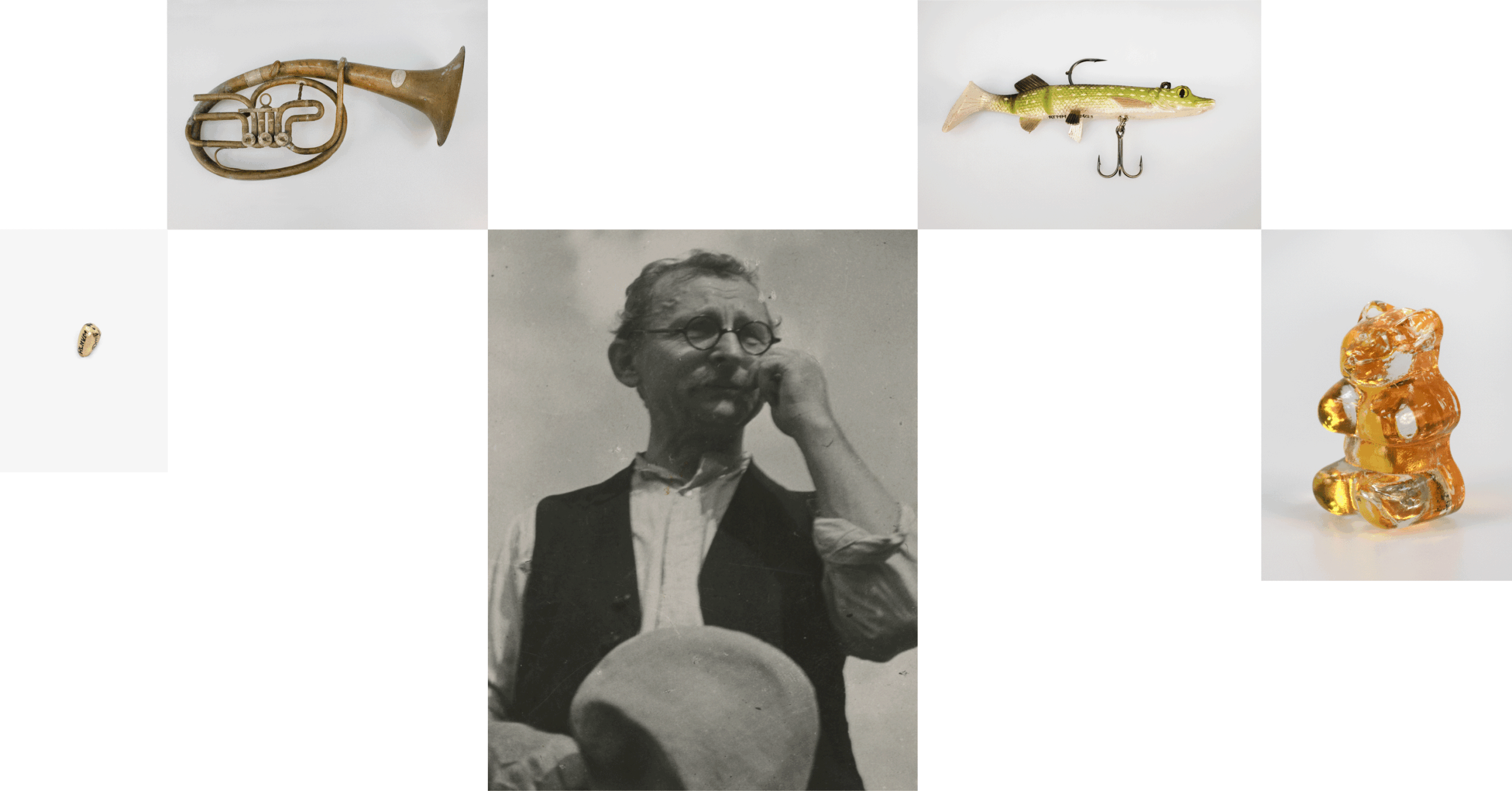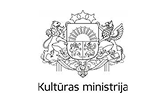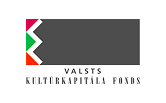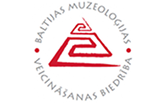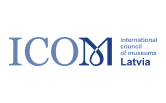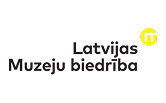The Latvian National Museum of Literature and Music (LNMLM) invites submissions for presentations for the international conference “Acts. Facts. Artefacts.” with the 2025 theme: “Future Vision as Future as the Key to Museum Development”.
The conference is organised within the framework of LNMLM’s centenary, highlighting the significant contribution of the museum’s founder – teacher, natural scientist, and collector Jānis Greste (1876–1951) – to the development of museums in Latvia. His vision and work laid the foundation not only for the LNMLM but also for many other museums in Latvia. Greste curated his collections not only as repositories of artefacts but also as tools for education and research, encouraging other educators to adopt a similar approach. He established traditions based on the collection of contemporary cultural values, public engagement, and forward-thinking.
The conference will bring together experts and practitioners in literature, music, museology, and cultural heritage, as well as participants from the humanities, social sciences, and memory institutions from Latvia and abroad. It will provide a platform to reflect on the museum’s relationship with the past, present, and future; share experiences; and discuss the role of individuals, sustainable thinking, and professional foresight in the development of museums.
We invite submissions for presentations in six thematic sections, and this year, for the first time, we also offer the opportunity to participate in poster presentations.

Main panels of the conference:
This section offers a critical perspective on museum collection practices, highlighting them as an active, value-driven process of selection. Historical experience shows that institutional or societal self-censorship has often influenced what cultural phenomena were deemed worthy of preservation and which were ignored. Today, this issue is even more pressing because the immense growth of global information and the increasing shift of cultural processes to digital environments or other intangible forms challenges traditional collection concepts.
As the leading custodian of literary and musical heritage in Latvia, MML invites museums with similar profiles to participate in this section to reflect on both past and contemporary creative heritage. Contemporary works are often digital, multi-form, or process-based, but historical objects often require broad contextual approaches. This section will also place special emphasis on music instrument collections as a bridge between past and future music-making traditions.
Restoration is not merely a technical process—it is an interpretation grounded in an understanding of an object’s historical, artistic, and symbolic significance. Vision determines what message will be preserved, what should be restored, what left untouched, and how the object will communicate with today’s society. This section will explore how a restorer’s professional intuition, ethical considerations, and institutional vision interact with one another.
Visionary thinking involves the ability to see the broader context of cultural, social, and technological change, to formulate long-term goals, and to boldly define a museum’s identity and role in society. It is especially vital in curatorial work, where strategic choices about which stories to highlight, what collections to build, and which collaborations to pursue shape a museum’s relevance, inclusivity, and innovation. This section emphasises the need for museums not only to respond to societal developments but also to actively guide cultural progress with a clear vision of the future.
In the museum context, sustainability is no longer viewed solely as resource efficiency or environmentally friendly practices. It is now understood as a broader principle that encompasses cultural, social, and institutional resilience. At the same time, an inclusive museum is one that opens space to diverse voices, experiences, and perspectives—promoting participation and social justice. These aspects are closely connected to current theoretical approaches in museology, such as critical museology, postcolonial theory, decolonisation discourse, and practices that emphasise the museum’s potential as a platform for communities and dialogue.
This section explores the fundamental elements of contemporary museum work, highlighting responsible engagement with the environment, society, and cultural heritage.
Historical narratives are never static—they are continually reviewed, reinterpreted, and retold in response to new academic discoveries, societal needs, socioeconomic factors, and evolving values. In exhibitions, educational programmess, and collection strategies, museums increasingly reflect on how history is used in contemporary contexts to strengthen democracy, foster social cohesion, reduce inequality, or address other global challenges.
This section invites participants to consider museums as places where historical memory is purposefully shaped to inform future scenarios.
Poster Presentation Theme:
From Vision to Exhibition: The Journey to [Exhibition Title]”
The poster should briefly outline the development of one of the museum’s latest and most significant exhibitions—from the initial idea and concept through curatorial decisions, collaboration, design, and visitor experience. It should emphasise the role of vision in the exhibition-making process and illustrate how the exhibition aligns with the museum’s strategic goals, societal needs, or current themes. The poster may also include visual examples, key narratives, or other creative approaches. Format: A2
Registration and Practical Information
- The conference will take place in Riga from 27-29 November 2025. The final programme and venue will be published after approval of presentation submissions.
- You may apply for a presentation (max 15 minutes) and/or poster presentation (max 5 minutes). Both individual and group submissions are welcome.
- The application must include: presenter’s name, title of the presentation or poster, summary of the content (max 1500 characters), name of affiliated institution (workplace or educational institution), email address.
- Presentation languages: Latvian and English (simultaneous translation will be provided).
- Full conference participation fee: €70.00. This includes coffee breaks, lunch, and a guided excursion on November 29 to the “Song Space” exhibition in Mežaparks, Ostas prospekts 11 and the Museum Storage Facility at Pulka Street 8, Riga. Participation without the excursion: €50.00 Deadline for submissions: 30 May 2025

